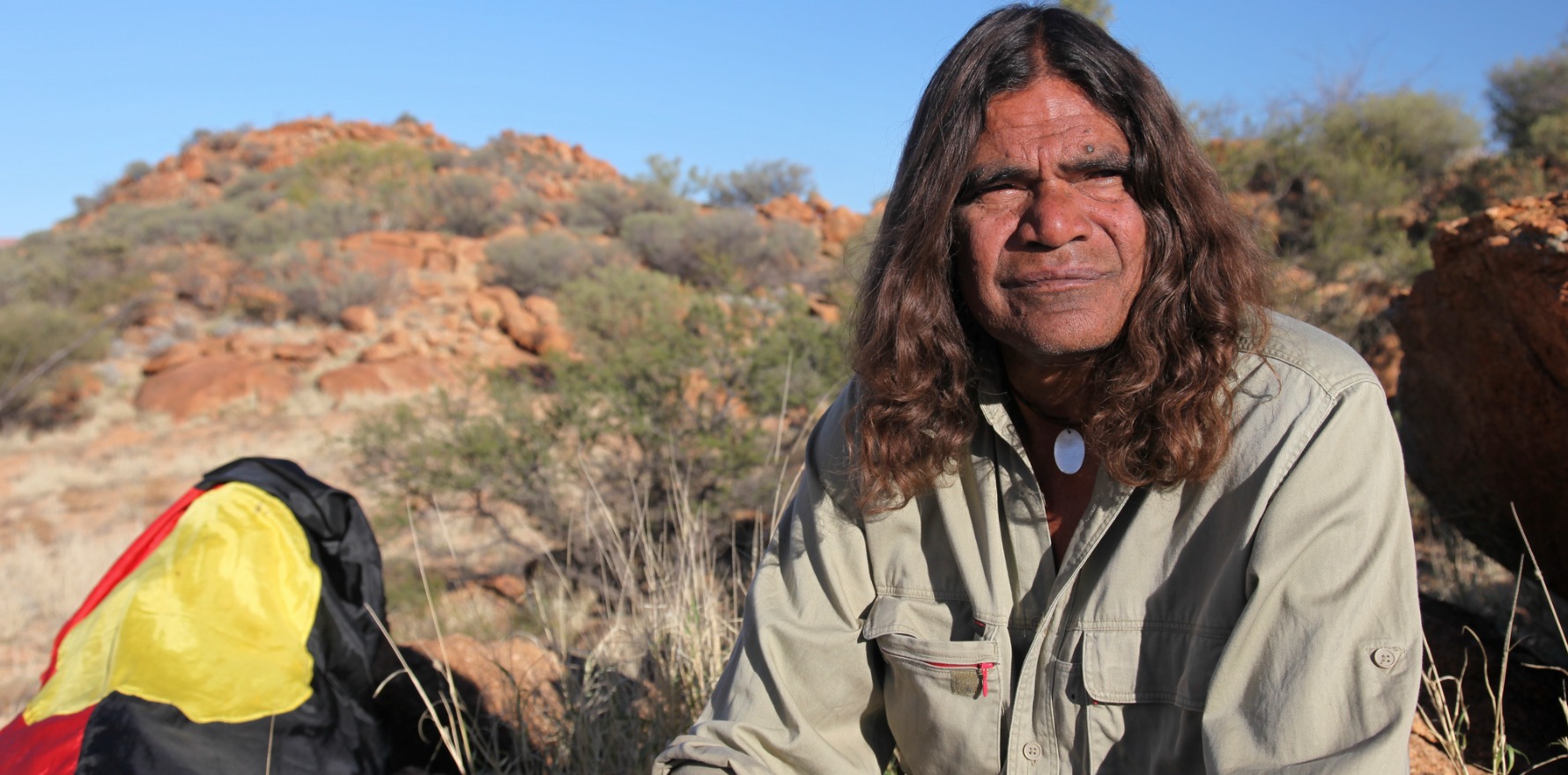The RACGP submission to the Yoorrook Justice Commission acknowledges the ongoing impact of colonisation on the health of First Nations Australians.
The best way to invest in culturally safe and accessible healthcare for Indigenous Australians is to fund Indigenous-led solutions, the RACGP says.
In a submission to the Yoorrook Justice Commission inquiry in Victoria, the college backed the state’s peak Aboriginal Community Controlled Health Organisation’s assertion that colonisation continues to have a significant impact on First Nations Health.
Yoorrook, which is running in parallel to Victoria’s treaty process, bills itself as “the first formal truth-telling process into historical and ongoing injustices experienced by First Peoples in Victoria”.
Its scope addresses everything from the economic prosperity of Indigenous people to the environment.
The current focus is on health, housing and education. The final reform report will come out mid-2025.
“The RACGP recognises … and accepts that being Aboriginal is not a ‘risk factor’ for disease,” it said.
“Many increased health risk factors are due to Aboriginal people being more likely than non-Aboriginal people to experience disadvantage across the social, commercial and other determinants of health, including racism.”
Related
Because Indigenous-led healthcare solutions like ACCHOs support the principle of self-determination, the college said, they deliver social as well as healthcare benefits.
Still, this is not properly recognised on a financial level.
“The complexity, skill and time required to deliver these services is not always recognised or supported through the current Medicare Benefits Schedule structure or rebate values,” the RACGP said.
In its own submission, peak ACCHO state body VACCHO described the funding model as “piecemeal” and said income from fee-for-service, even when bolstered by short-term grants, was not sufficient to cover the cost of providing complex care.
“The fundamental challenges for [ACCHOs] is that the Victorian government does not see it as an equal part of the health and wellbeing system in Victoria as it does public health agencies,” VACCHO said.
As a result, the sector does not enjoy the same predictability of funding afforded to hospitals and other public health agencies.
Australia’s healthcare sector is the largest employer of Aboriginal and Torres Strait Islander people, and general practice has proven particularly attractive.
Almost two thirds of all Victorian Aboriginal and Torres Strait Islander registrars are enrolled in general practice, and a similar proportion of fellowed Indigenous doctors are GPs.
“Investment in ACCHOs is also an investment in expanding the Aboriginal and Torres Strait Islander health workforce, with benefits which encompass access to culturally safe services, and employment and income growth,” the RACGP said.
The college also acknowledged the overrepresentation of First Nations people in Victorian prisons, many of whom have complex health issues and additional need for mental health support.





